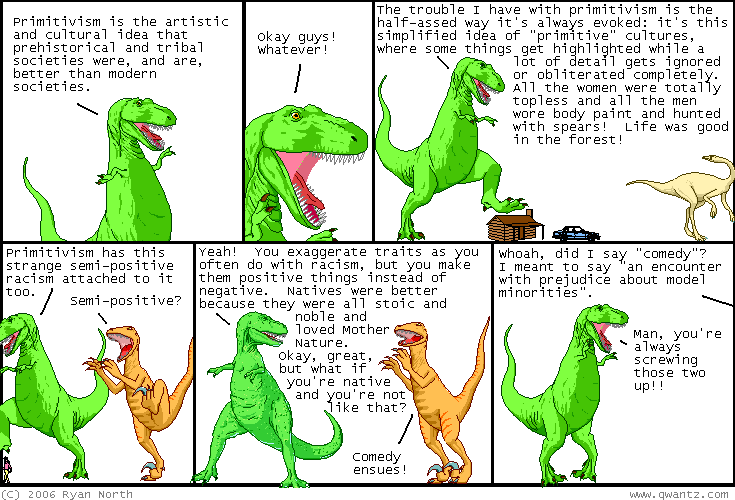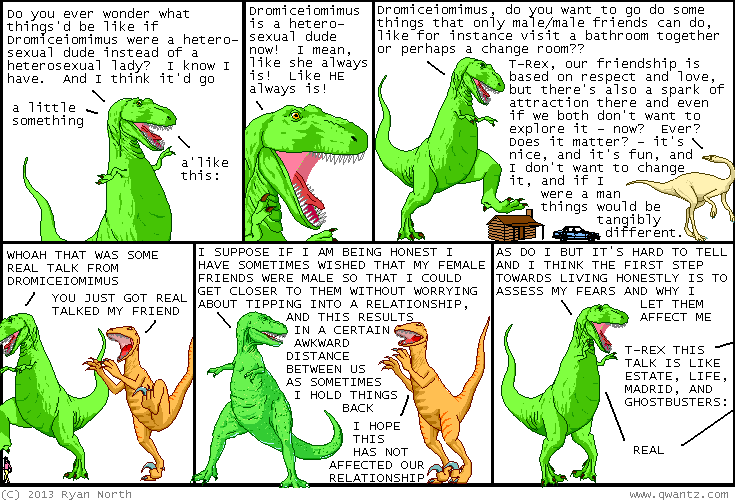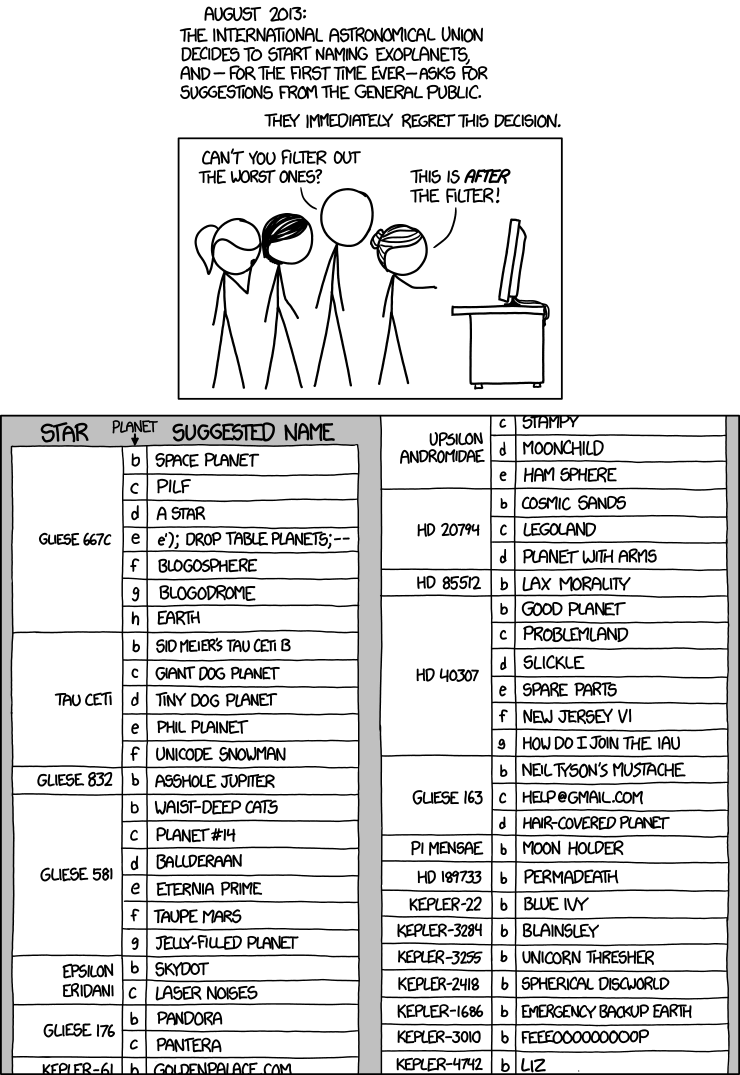Do you finish one game and then move onto the next? This is the dominant pattern of play for gamers. What happens when players stop consuming and starts investing in a single evergreen computer game for years on end?
Players of traditional games specialize
Across the 5500+ year history of gaming and sports, players typically focus on a single game and turn it into their predominant hobby. A chess player may dabble in other games, but chess is their touchstone. They join chess clubs, they play with fellow chess fans and they spend 90% of their gaming time playing chess. Overall, players specialize.
Such players do play other games, but to a far lesser degree.
There are also communities that embrace the identity of being good at multiple games or sports. These are a minority.
And some are inclined to claim all hobbyists are 'athletes' or 'players' and thus unified in some common tribe. Such verbal gymnastics rarely provide much insight into a dedicated hobbyist's specific passions or the nature of their community.
Specializing in a hobby occurs for many reasons. Traditional sports or games often have the following attributes:
-
Evergreen activities: You don't beat them. You stop when you get bored. Usually they consist of nested loops that operate on time scales of up to a generation. Consider the nesting of Match : Event : Season : Career : Training the next generation.
-
High mastery ceiling: Most are nearly impossible to master completely. You can always get a little better. You can always get better at Go, Soccer or Poker.
-
Strong communities: There exist strong social groups of like-minded players that have their own group norms, hierarchies and support structures. To be a dedicated basketball player is to be part of an extensive basketball playing network.
-
Life long identities: Someone who excels in the game starts to identify as a member of that group. The game becomes source of purpose bigger than themselves. They can look back on their life and say "There were some ups and downs, but I'm secure in my accomplishments as a player of game X"
-
Grass roots or service-based business models: Any cultural structure can be fruitfully analyzed by understanding the flow of money. Many traditional games have extremely low barriers to entry. It costs little to access the initial equipment. Often items like decks of cards or chessboards are either communally owned or purchased by a family and one set of equipment serves multiple participants.
At higher levels of play, cash flows into the ecosystem through purchases of more advanced or higher status equipment or various service, membership or event fees. In all cases, the businesses involved have strong financial and culture incentives to get you playing and keep you playing.
Players of digital games consume
The hobby of computer or console gaming follows a different usage pattern; gamers play a wide variety of games. NPD claims core gamers buy an average of 5.4 games in a 3-month period. In a recent discussion of Steam purchases on Kotaku, commentators chimed in that they had purchased 100 to 800 games. These are played for a period of time and then set aside so that a new game might get some play.
These players specialize far less. They may prefer a genre of games such as RPGs or shooters, but they'll still consume many games within that genre.
Why the difference in playing patterns? Commercial digital games have some distinct attributes that encourage serial play instead of evergreen play. Not all digital games fit this mold, but the trends are worth noting.
-
Complete-able games: Most computer and console games can be completed in 5 to 40 hours. It is rare that you find digital games that retain users longer than 6 months. Actual playtime is shorter than the official length since most players do not complete their games and even fewer play through a title more than once. Compare this to the generational nested loops of traditional evergreen games.
-
Narrative and Puzzle-focused gameplay: The majority of the gameplay is focused on high burnout single use puzzles or evocative narrative stimuli. Designers spend their budget handcrafting specific scenarios for maximum emotional impact the first time through.
-
Low mastery ceilings: Since the design goal is to move players through the content of a game as smoothly as possible, the game mechanics are generally balanced towards the average skills of first time players. It is rare and surprising when a single player narrative computer game offers examples of masterful play. All this leads to early burnout where players rapidly become 'bored' and put the title aside.
-
Weak player identities: It is difficult for a player to establish their identity around their excellence in any one game. To be a good Braid player just isn't that special. Lots of other people have walked the same path; there is little player creativity and outside the occasional Let's Play video, few people care.
-
Content-focused business model: Digital games businesses have a strong financial incentive to get you to pay upfront and then move onto their next title. Games are treated as a content or boxed product business. An optimal strategy is to put high quality boxes on shelf (either physical or virtual) and get people to buy as many boxes as possible. Since exciting content remains a large cost center, there is ever increasing pressure to make games flashier and more marketable on the front-end and shorter on the back-end.
Shortness of play is perhaps the key reason why players end up consuming multiple games. With gamers spending 16-18 hours a week gaming, it doesn't take long to burn through a single title. When a single game fails to entirely fill a person's leisure time, players buy additional games. Only a
set of multiple consumable titles provides enough engagement for someone to make a full-fledged hobby out of content-based games.
This fits the general profile of a media hobbyist. As we shifted from evergreen hobbies to digital retail-focused games, we trained users to behave in a fashion similar to that of a reader who reads many books or a movie goer who watches many movies.
A media culture
To be a 'Gamer' is to buy into numerous requirements that only exist to enable the creation of easily consumable media products.
- Reviewers exist to help players select their next media purchase
- Critics exist to demonstrate how media conveys a message to society. They are trained (if they are trained) in other media-centric fields such as movies or literature. There is little systemic thinking since media is first and foremost not a functional system but an evocative stimuli.
- The form of popular games is determined by whether or not it fits in a media box. Form is the standardized structure of a piece of media. The 2-hour narrative movie is a form of video. The 300 page novel is a form of writing. So too is the 14-hour adventure game or the level-based narrative FPS.
- Stores and storefronts exist to sell the hobbyist a steady trickle of new media. Since media creation is expensive and the share of a player's time is small for any single piece of media, aggregators of content are typically 3rd parties that don't produce all the media themselves.
- Communities are built around mass media that act as a shared experience for large populations of consumers. Big brands like Mario, Mass Effect or Final Fantasy form cultural anchors much like Star Trek or Star Wars. Comparisons, reminiscences and fan fantasies about future sequels or expansions are common.
Digital evergreen hobbies
Into this media-centric ecosystem we've seen the reemergence of major games that hew more closely to the traditional games of old. MMOs like World of Warcraft or MOBAs like League of Legends are services. A digital game like Minecraft ties into numerous communities and is often played for years. Some like Halo or Call of Duty cleverly camouflage themselves as traditional consumable boxed products all while deriving long term engagement and retention from their extensive multiplayer services. These games share many of the attributes of older hobbies:
- They attempt to be evergreen.
- They have high mastery ceilings and robust communities.
- Many, especially eSports, replicate the nested yearly loops of a traditional sport.
Each of these games is a hobby onto itself. People predominantly play a single game for years. In one poll of 5400 WoW players, 49% claimed to never actively play another MMO.
The rise of services
This shift to services is accelerating, driven by business factors and steady player acceptance. Developers are slowly coming around to the realization that an evergreen service yields more money, greater stability and a more engaged player base. Experiments of the past few years with social, mobile and Steam games suggest that microtransactions will likely become a majority of the gaming market. They already represent 70% of mobile revenue and continue to grow rapidly on other platforms.
This new revenue stream places new constraints on game designs. Types of laboriously handcrafted content that was once feasible when your game was played 10 hours is no longer profitable if revenue trickles in over hundreds or thousands of hours of play. Deep mechanics once again matter. Communities you want to spend time in become a competitive advantage.
There are indeed manipulative companies scamming settlers in this newish frontier. Don't act so surprised. This is the case for any frontier and this is not the first time games have attracted disreputable developers. Look beyond the flashy, inevitable crooks, just as you looked beyond the licensed games, the porn games and the gambling games that infest your typical game markets. Look at the big picture and observe where the new opportunities for greatness blossom.
No, they won't cross over
These new evergreen players become hobbyists, but
not media-centric gamers. This is most evident in the audiences that play 'casual' social and mobile titles. Many of these players never bought into the current gamer culture. It is common to see someone deep into Candy Crush and when you ask them if they are a gamer, they will deny it. They do not 'game', they never have 'gamed'. They don't share a common heritage of Mario, Zelda, COD, Halo or any of the mass media touchstones that unite current gamers. What they have is a wonderful hobby that in their mind has nothing to do with existing computer games.
There exists a fantasy that somehow new players will get hooked on one game and then transfer over to consuming other games. Since this assumes a play pattern of high volume serial consumption, I doubt that this will occur. Great evergreen games leave little room in a hobbyist's schedule for grand feasts of consumable content. You don't finish a great hobby and then look for your next dalliance. You keep playing the game for years or even generations.
The perfect service-based game is one worthy of your entire lifetime of leisure.
If this seems an exaggeration and current titles feel unworthy of this high bar, wait a while. Developers are very talented. And the financial incentives to build the perfect service-based game are strong.
Not one gaming hobby but many
So where does that leave our understanding of 'gaming?'
- Some people avidly knit in their leisure hours.
- Others play a creative game like Farmville, Dwarf Fortress, Minecraft or the Sims.
- Others participate in a social online game like World of Warcraft, Eve or Facebook.
- And then there is a small but active community of proudly old-school Gamers that like consuming puzzles and story media.
What we currently think of as 'gaming' becomes just another hobby amidst a vast jungle of digitally augmented hobbies.
There are those who might see this as a threat, but that is mere fear talking. Existing hobbies tend to last for at least a generation. Those who've tied their identity to consuming media-style games as their hobby will stop participating in the hobby when they die. I expect to see 80-year olds still buying adventure games because that is what they were raised on and that is what they love. Niche producers can make good money serving these avid fans. The rise of new hobbies thus do not invalidate a current hobby. In fact, you'll have media-centric games for at least the rest of your life.
Though each hobby likely
will need to compete for
new members.
Impact on the cultural ecosystem
With this shift comes change. The following may challenge your existing expectations.
-
Specialized interests, not shared experiences: The drop rates on defense potions matters little to your typical gamer. Yet it is of earth shattering importance to the community of Realm of the Mad God players, impacting hundreds of hours of their life. At a certain level of mastery, the language used to describe in-game concepts becomes indecipherable to casual audiences. This inhibits communication with external groups, but facilitates bonding within the group.
-
Deep systemic analysis, not broad media criticism and reviews. Hobbies are predominantly comprised of human systems and communities, not texts to analyze or boxes to sell. Political, anthropological or economic forms of discourse are more appropriate yet there are few game critics trained in these fields. Successful commentators are typically past players with a master-level understanding of the hobby. They are rarely dilettantes flitting from media event to media event.
-
Unique cultures, not mass cultures: A hobby can develop a set of inward facing social norms. This can be a negative if extreme viewpoints are allowed to fester. It can also be a huge positive and promote inclusivity, equality and long term positive relationships. Each hobby is a cultural petri dish that need not adopt dominant tropes or values.
-
Participation, not marketing campaigns: New players of a hobby hear about it from a friend or stumble upon a free trial. They participate first and see if they enjoy the lifestyle that the hobby promotes. Big bang media events can flood the early stages of the acquisition funnel, but they do not directly result in revenue or a sustainable community.
One aspect that surprises me the most is the stealthiness of inwardly sufficient hobbies. A smoothly running process is barely newsworthy for those unfamliar with the hobby. Over 5 million people partake in Geocaching, one of the greatest modern games ever invented. Yet other than the occasional human interest story, it rarely breaks into the public consciousness. What would a media-focused rag say? "People are having healthy fun...still. Just like they were last year." That's not news. There is no new box to hype or content to whinge about. There's no advertising to sell. So silence is the default until you look inside the vibrant magic circle. Geocachers return the favor by labeling outsiders Muggles.
Let a thousand flowers blossom
The concept of one true gamer community will be less feasible as evergreen hobbies grow in popularity. Instead, we have a crazy mixing bowl of diverse, separate, long-term communities. Few will share the same values or goals. Few players will consider themselves having anything in common with players of a different game.
Social organizations such as PAX will still promote common ground, much like the Olympics promotes common ground between athletes. But day-to-day cross-pollination will be rare.
I personally value a wild explosion of diversity. We need less mass culture and more emphasis on vibrant, generative communities instead of passive industrialized consumption.
The existing society of players may be tempted to deal with those not like themselves negatively through shaming ("I can't believe you play Farmville, stupid person!") Here's how we might instead react positively.
-
Freedom of Play: Like freedom of religion, any player has a right to devote their life to any game even if it isn't something enjoyed by another player.
-
Mutual respect: Any player deserves your respect for their hobby even if you do not personally understand it. Avoid stereotypes and engage with the person.
-
Willingness to explain: Any insider should be willing to explain to an outsider how their hobby works. Proselytize by inviting them to play with you. An open-minded outsider should be willing to listen.
The fact that individual hobbies exist is not new. The shift comes from realizing that individual digital hobbies will soon to be the default play pattern. Adapt accordingly.
take care,
Danc.
References and Additional Links
Note: Gamers often wonder why
Farm Equipment simulators sell. Judged as mass media, they are horrible. Judged however as an independent hobby, they have many of the attributes of an engaging lifelong interest. If you laugh at them, it is because you are outside their tribe and ignorant.












 Yesterday AT&T announced a new “sponsored data” scheme, offering content creators a way to buy their way around the data caps that AT&T imposes on its subscribers. Although AT&T touted it as a “
Yesterday AT&T announced a new “sponsored data” scheme, offering content creators a way to buy their way around the data caps that AT&T imposes on its subscribers. Although AT&T touted it as a “

 Earlier this week, the
Earlier this week, the 


 facebook
facebook  reddit
reddit  Today, the Federal Communications Commission approved a framework that mandates just and reasonable telephone rates for the friends, family and counsel of inmates in state prisons and detention centers. The order provides immediate financial relief to the households of the 2.7 million children with a parent behind bars who struggled with the cost of communicating with them. Public Knowledge commends FCC leadership for its action and congratulates the many advocates both in and outside the beltway for their dedicated efforts.
Today, the Federal Communications Commission approved a framework that mandates just and reasonable telephone rates for the friends, family and counsel of inmates in state prisons and detention centers. The order provides immediate financial relief to the households of the 2.7 million children with a parent behind bars who struggled with the cost of communicating with them. Public Knowledge commends FCC leadership for its action and congratulates the many advocates both in and outside the beltway for their dedicated efforts.





 We’ve
We’ve  Up until last year, unlocking a cell phone so that it could
be used with a different carrier was perfectly legal. That changed when the
Librarian of Congress decided no longer to include it in a list of exceptions
to the Digital Millennium Copyright Act (DMCA), which forbids the circumvention
of technology that controls access to copyrighted works. The Librarian's
decision has sparked a great deal of controversy, and lead to several proposed
bills that would once again make it legal to unlock cell phones. In a hearing
before the House Judiciary Subcommittee on Courts, Intellectual Property and
the Internet last Thursday, Congress heard testimony about one of
Up until last year, unlocking a cell phone so that it could
be used with a different carrier was perfectly legal. That changed when the
Librarian of Congress decided no longer to include it in a list of exceptions
to the Digital Millennium Copyright Act (DMCA), which forbids the circumvention
of technology that controls access to copyrighted works. The Librarian's
decision has sparked a great deal of controversy, and lead to several proposed
bills that would once again make it legal to unlock cell phones. In a hearing
before the House Judiciary Subcommittee on Courts, Intellectual Property and
the Internet last Thursday, Congress heard testimony about one of 
